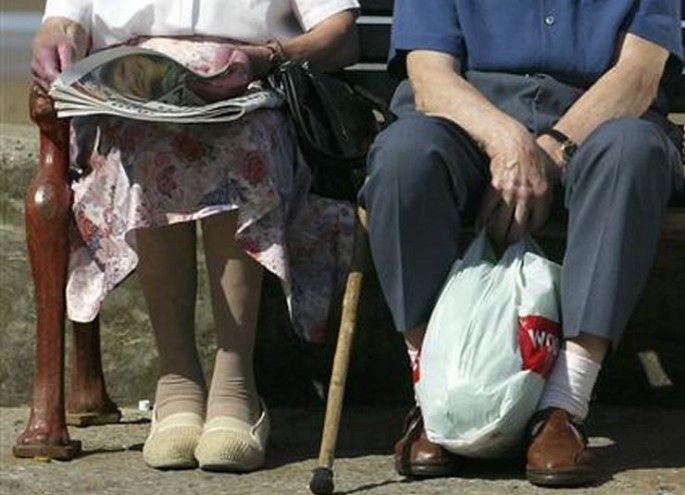Google Ventures, the venture capital investment arm of Google, Inc., is pouring resources into biotech companies that will advance its fantastic -- some say foolhardy -- goal of getting humans to live up to 500 years.
Current longevity research aims to get humans to live beyond 115 years-old, which is the upper limit of human survival. The world's average life expectancy today for both men and women is 68 years-old.
Google Ventures last year invested US$130 million in software company Flatiron Health that's developing a cloud-based platform for cancer data. It also invested in Foundation Medicine, which uses genetic information to personalize cancer care.
But Google's main vehicle to achieve this apparently impossible aim is Calico, its independent R&D biotech company established in 2013 with the goal of combating aging and associated diseases. The name Calico is shorthand for California Life Company.
Google co-founder Larry Page said Calico will focus on "health, well-being and longevity". In September 2013, Calico partnered with AbbVie to open a research center into neurodegeneration and cancer.
Google Ventures sees the goal of humans living to be five centuries old as achievable because of medical breakthroughs and advances in biomechanics, or the study of the structure and function of biological systems by means of the methods of mechanics
"If you ask me today, is it possible to live to be 500? The answer is yes," said Bill Maris, president and managing partner of Google Ventures.
"We actually have the tools in the life sciences to achieve anything that you have the audacity to envision," he added. "I just hope to live long enough not to die."
Some scientists said scientific breakthroughs could potentially extend human lives dramatically by four to five times. There's also the prospect of anti-ageing treatments developed from genetic interactions.
The 2014 Global AgeWatch Index, which ranks 96 nations on the quality of life for the elderly, said the number of over 60s will be 21 percent of the global population by 2050, or almost double the current figure of 12 percent.
The proportion of over-80s is growing the fastest and is projected to rise from two percent to four percent of the global population by 2050.



























